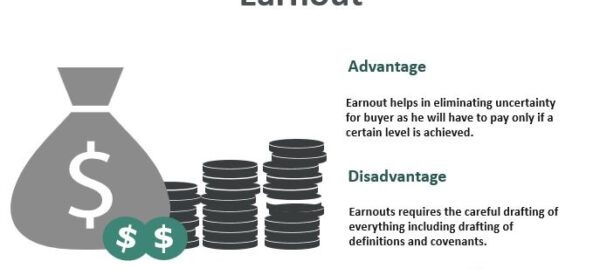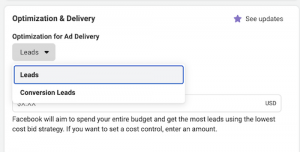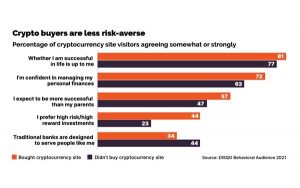Over the past year, there’s been a significant shift toward online consumerism, with all kinds of businesses selling products online.
As Peter Sheldon, Senior Director of Commerce Strategy at Adobe, puts it, “It became clear that there are no boundaries for e-commerce — almost any product regardless of cost, size and complexity can be sold online.”
This has created a seller’s market for online businesses looking to move their company.
But whether you’re buying or selling a business, it’s important to be prepared. Here’s what you need to consider, regardless of which side of the deal you’re on.
Why Buy or Sell Your Online Business Now?
Not only were 10% more online businesses sold last year than the year before, but the average sale price also jumped by 73%. Furthermore, the time businesses spent on the market decreased by 16%.
This means buyers are purchasing more online businesses quicker and for higher prices than before.
But according to Blake Hutchinson, CEO of online business marketplace Flippa, this isn’t because more businesses are for sale — it’s to do with increased interest from buyers.
As Blake explains,”‘whilst we haven’t necessarily seen a huge incremental increase in the number of digital assets being listed; what we’ve seen is a huge increase in the number of buyers registering.”
Plus, figures show more investment fund entrepreneurs pooling capital and companies raising money to acquire online businesses than ever before.
If you’re looking to sell your business, now is the time. You’ll get a great price, and it’s likely to sell quickly.
However, it’s also a great time for buyers to purchase online enterprises.
There’s a reason for the rush to buy online businesses, and that’s future potential. If you want to jump on the bandwagon of growing an online business to meet its future potential, now’s the time to buy before the competition outruns you.
Buying an Online Business? Here’s What You Need to Think About
If you’re thinking of buying a business, you need to make sure you’re looking at a top-shelf investment.
Here’s what you need to consider.
1. Changes in Consumer Trends
Consumer trends have a huge impact on the success of an online business.
Before selecting a niche, research its popularity and how well it aligns with current consumer habits. Look out for online business opportunities which match upcoming trends.
For example, over the last year, there has been a notable shift to virtual fitness.
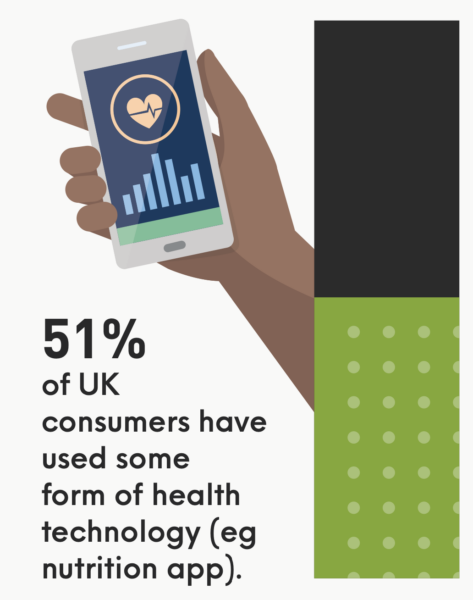
51% of UK consumers have used health technology, and 43% of consumers now say they’re comfortable taking online fitness classes.
Not only that, but ‘Fitness’ is also one of the top five searches on Flippa.
Another major trend is the shift toward ethical consumption and purchase choices based on a brand’s purpose.
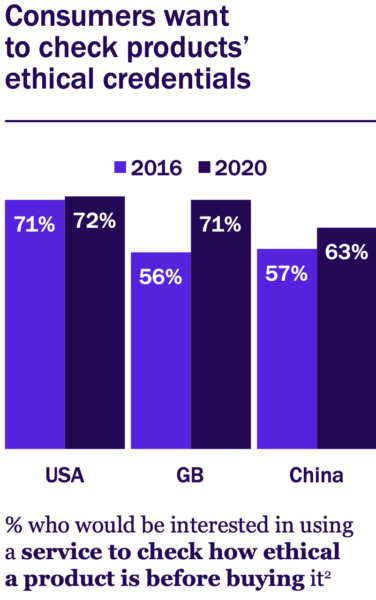
More consumers want to check the ethical credentials of brands than they did before, and 89% of U.S. buyers are more likely to support a profit-making brand if it makes a positive impact on the world.
The trend toward local and small businesses is also growing, with consumers actively turning away from big businesses.
27% of buyers say that they have increased their shopping through independent, local, small businesses, and 47% say that it’s more important than ever to support the little guy over the big retailers.
When choosing a business to buy, make sure you’re looking for companies that follow these trends. For example, it would make much more sense to consider an artisanal, ethical clothing boutique over a large-scale fast fashion website.
2. How the Business Model Works
Before choosing a business to purchase, it’s important to know its business model and how it monetizes.
You should also have an understanding of the opportunities and risks associated with each business model.
For example, you may choose to purchase a business that makes money via affiliate marketing based on Amazon Associates. While this is a popular way to make money online, you’re at the whim of Amazon and its potential policy changes. This became an issue recently when Amazon cut its affiliate commissions.
Alternatively, you may choose to purchase a traditional ecommerce business. While this gives you more freedom, you also need to prepare yourself for manufacturing and supply chain risks and how capital-intensive it can be to scale a brand.
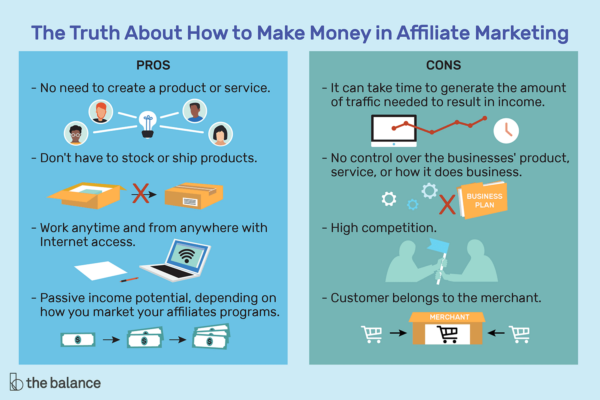
Other popular business models include:
- Non-Amazon-based affiliate marketing
- Display advertising
- Dropshipping
- Fulfillment by Amazon or FBA business
- Software-as-as-Service (SaaS)
- Subscription-based products and services
3. The Company Stats
You need to scrutinize the data on the company’s performance. If the online business you’re considering doesn’t have clear data on its performance, you should back away.
A legitimate business that’s performing well should be able to show you data that demonstrates high traffic volumes, diverse traffic sources, good conversion rates, and various revenue channels.
You’ll also want data on costs, such as the price of customer acquisition, monthly overheads, and additional expenses.
If you’re working with subscription-based models, you need to know about the customer lifetime value and the customer churn rate.
4. The Strength of the Brand
You don’t want to build a business; you want to buy one. Look for companies that already have a strong brand identity and a robust brand reputation.
Check for lots of repeat customers and a highly engaged brand community. You’ll be able to identify brands with solid reputations by searching for social proof, such as reviews, testimonials, and ratings.
Also, sniff around for any bad press as this discourages buyer loyalty. 48% of buyers say that bad media would affect their decision to buy from a brand.

Nowadays, brands with a purpose tend to have a stronger, more loyal following than those that don’t. One in five UK consumers says they tend to shop with brands that they believe in.
The second most important thing to look for when assessing brand strength is a business’s capacity for growth.
If you buy a company called “The Japanese Umbrella Company,” you’re stuck with a very tight niche market. However, if you were to purchase a brand called “The Unique Rainwear Company,” you have a chance to expand into new markets.
5. Negotiating on Price
The price is flexible, so prepare to negotiate.
Think about all the costs you’ll need to shell out to get the business to the level you want it to be. For example, you may need to pay out legal fees if you’re forming an LLC or hire a marketing team to launch a rebrand. Start negotiations with these deductions in mind.
Despite it being a seller’s market right now, there’s certainly room for compromise due to global economic uncertainty.
As Blake Hutchinson puts it, “I think that given the importance of cash flow to a lot of people right now, if you’re a website investor lucky enough to have between $ 10,000 to $ 50,000 to spend, I do think you can negotiate and I do think you can get some good value in the marketplace right now.
6. Undervalued Businesses
Keep an eye out for undervalued businesses.
Undervalued businesses are online companies that have higher potential than the price gives them credit for.
Look for businesses where a few tweaks could make a huge improvement to conversion rates.
For example, say you’re comparing two different dropshipping businesses that cost $ 5,000. One is optimized already, while the other hasn’t taken advantage of search engine optimization (SEO) or conversion rate optimization (CRO).
With a little work on improving SEO and CRO, you’re likely to increase the value of the second business.
Other opportunities to consider include:
- Brand expansion
- Process improvements
- Automation possibilities
- Partnerships
- Affiliate programs
- Paid traffic channels
Selling an Online Business? Here’s What You Need to Consider
If you’re selling your business online, you need to make sure you’re showing its full value to get the price you deserve.
Here are a few things to think about.
1. Preparing Your Analytics
You should be collecting data from the get-go when you start a business as it helps you improve your own performance.
However, if you haven’t been doing this, you’ll need to start immediately so you can put together a portfolio that shows your performance over a significant period.
Buyers will want to know about your traffic, revenue channels, outgoings, community following, and customer return/churn.
Pull together data from your Google Analytics dashboard and your social media platforms, as well as reports from third-party tools like Ubersuggest.
2. Getting Your Books Straight
You’ll need to have accurate business accounting that shows your incoming revenue, your profits, and your outgoings.
You should have a detailed breakdown of costs to help buyers understand what they’ll need to pay to keep the business going, along with the potential to increase profit margins.
It’s also a good idea to show a record of bill punctual payments to suppliers as that will help to prove that you have strong relationships with your vendors.
3. Cutting Costs to Increase Profit
As a recent report by online business marketplace Empire Flippers explains, “Buyers are willing to pay higher multiples as your average net profit increases simply because the asset makes more money.”
One of the easiest ways to increase your net profits without having to boost your customer base significantly is to shear your costs.
Look carefully at your overheads and work out where you can cut back on outgoing costs. Can you move your website hosting to a cheaper provider? Can you reduce your advertising budget? Can you cut back on your own salary for a few months?
All these reductions feedback into the pot to give the impression of higher profitability.
4. Streamlining Your Systems
Buyers want to purchase a well-oiled machine.
If your operations are a mish-mash of disconnected systems that only you can complete, this will be a nightmare for a buyer to untangle.
Instead, create Standard Operating Procedures (SOPs) that clearly lay out the processes within your organization step-by-step.
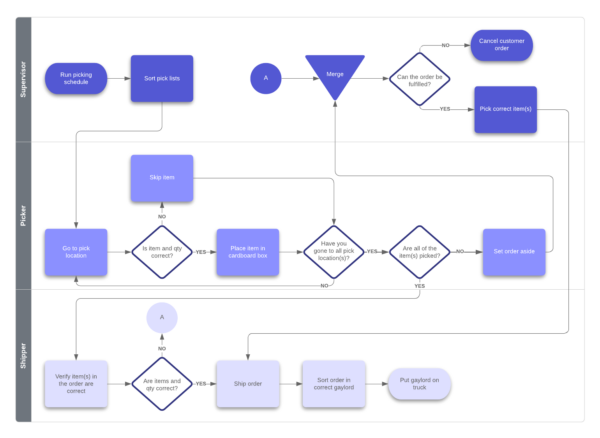
That way, a buyer can simply purchase your online company and hire someone to take over your role with minimal training.
It’s also wise to consider the physical systems you have in place. Is your edge computing infrastructure up to par? Are your data management systems effective enough? How’s your online security?
Buyers don’t want to think about implementing complex systems, so make sure yours is up to snuff and ready to go.
5. Keeping it Small
If you’re worried about whether it’s the right time to sell because your small business hasn’t grown big enough, think again.
There’s a lot of selling opportunity for smaller businesses in the current market as buyers are a little more conservative about taking big risks.
According to Flippa’s CEO, “The number of sites sold over the $ 10,000 mark up to literally $ 1 million dollars, has dried up a little bit. And that is a clear function of those people who have money, recognizing that there is some risk to that and that they may want to save that for a rainy day. But what we’ve seen is a huge increase in the number of websites sold under $ 10,000.”
If you’re considering selling and moving on to a new project while your company is still young, why not sell for under $ 10,000 and let someone else grow it while you move on to new adventures.
6. Sealing the Deal
Buyers will want to negotiate terms when it comes to buying your website. While it’s usually preferable for buyers to purchase your online store outright, they may not have the capital to do this all at once, or they may want to save some funds for development.
In this case, they’ll usually offer an ‘earnout’ arrangement.
An earnout is when buyers pay a large portion of the price upfront — 73% on average — and then pay the rest over a fixed term following the terms set out in a mutual agreement.
There are some pros and cons to this.
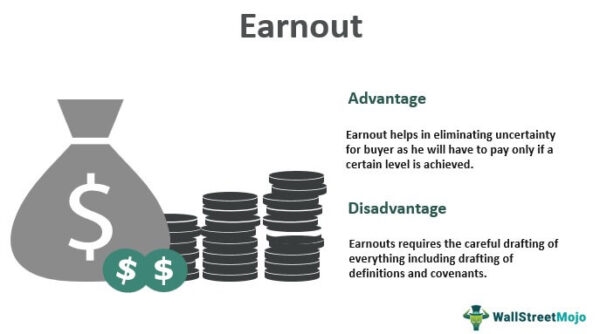
If the buyer is struggling to pay the full amount upfront, an earnout gets the deal done. You get a sale and some immediate cash, with the promise of further funds in the future.
But it’s also risky. If the business doesn’t work out, the buyer might not follow through with future payments.
However, this can work in your favor too. In negotiations, you can offer to cover the risk by putting the price up a little or adding interest to future payments.
This may force your buyer’s hand, convincing them to pay upfront. If it doesn’t, that’s a little more money in your pocket later.
Final Thoughts
Buying and selling online businesses doesn’t need to be complicated, but you must come to the table prepared.
Remember, data is crucial. If you’re a buyer, you’ll want to see analytics and financial figures. If you’re a seller, you need to have these prepared.
Business & Finance Articles on Business 2 Community
(71)
Report Post